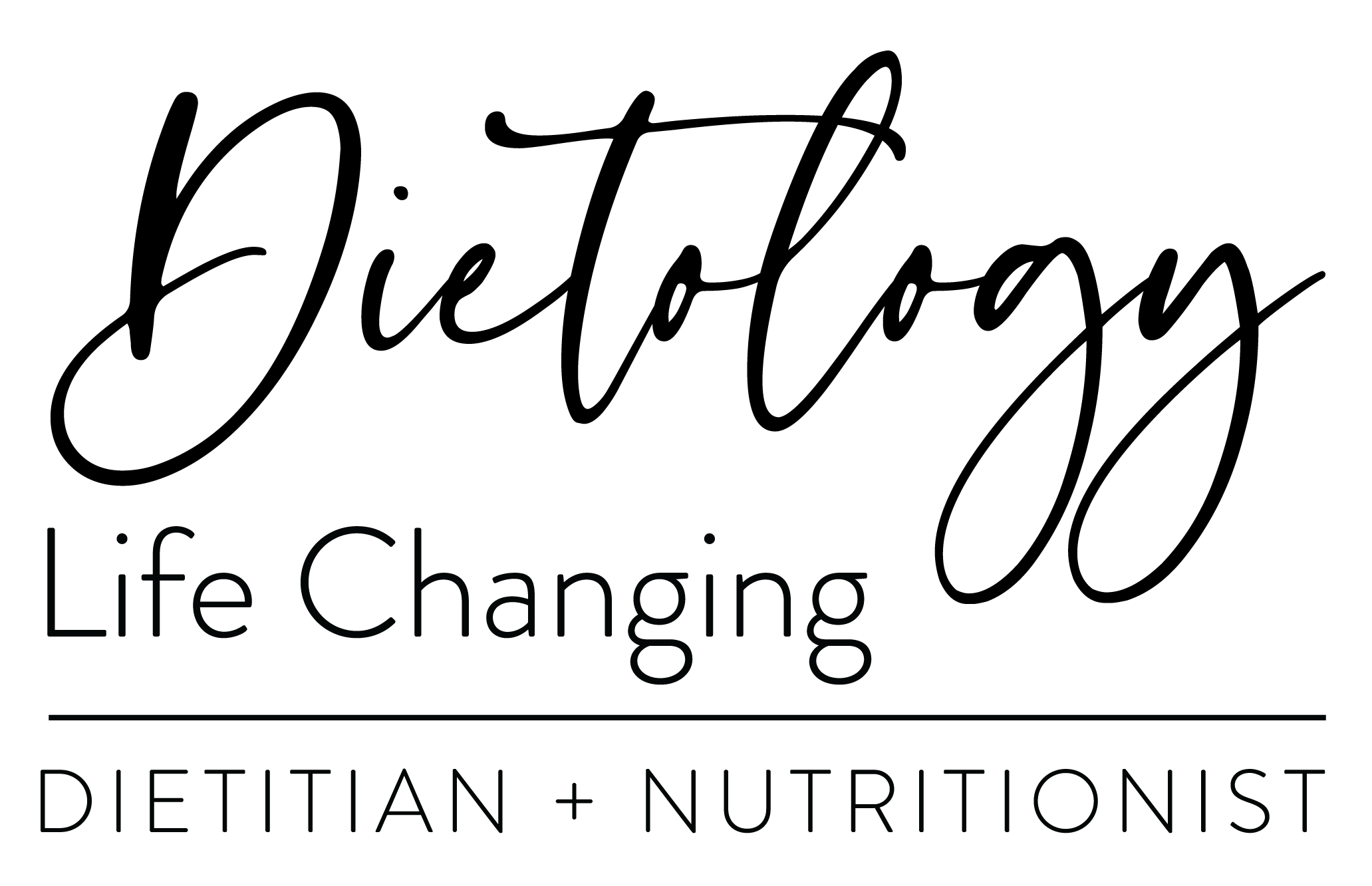12 Foods to Help Reduce Cortisol Levels Naturally
Stress and Cortisol
In our fast-paced world, stress seems to be an unavoidable aspect of daily life.
Whether it's work pressure, personal responsibilities, or societal expectations, stress can take a toll on both our physical and mental well-being. One of the key hormones associated with stress is cortisol, often referred to as the "stress hormone."
While cortisol serves a vital function in the body's stress response, elevated cortisol levels over an extended period can lead to various health issues, including weight gain, high blood pressure, and weakened immune function.
This is further complicated in autoimmune conditions such as thyroid disease, such as Hashimoto’s.
However, making mindful choices about the foods we eat can help us manage cortisol levels and promote a sense of calm and balance. Here are some foods that can aid in lowering cortisol levels naturally:
Dark Chocolate
Indulging in a small piece of dark chocolate can have stress-reducing effects. Dark chocolate contains flavonoids, which have been shown to lower cortisol levels and reduce stress.
Berries
Blueberries, strawberries, and other berries are rich in antioxidants and vitamin C, which can help combat the oxidative stress associated with high cortisol levels.
Foods rich in selenium include Brazil nuts, sunflower seeds, eggs, tuna, salmon, and mushrooms. Incorporating these selenium sources into your diet can help support optimal thyroid health.
Fatty Fish
Cold water fish such as salmon, trout, mackerel, and sardines are excellent sources of omega-3 fatty acids, which have been linked to lower cortisol levels and reduced anxiety.
Avocados
Avocados are loaded with potassium, which helps regulate blood pressure and counteracts the effects of cortisol. They also contain healthy fats that promote brain health and reduce stress
Green Tea
Sipping on green tea can have a calming effect on the body and mind. Green tea contains L-theanine, an amino acid that promotes relaxation and reduces cortisol levels.
Whole Grains
Complex carbohydrates found in whole grains like oats, quinoa, and brown rice can help stabilize blood sugar levels and promote the production of serotonin, a neurotransmitter that promotes feelings of relaxation and well-being.
Including whole grains in your meals can help prevent spikes and crashes in cortisol levels throughout the day. For example, a warm bowl of oatmeal can be comforting during times of stress. Oats are rich in complex carbohydrates, which can boost serotonin levels and stabilise cortisol levels.
Nuts and Seeds
Almonds, walnuts, flaxseeds, and pumpkin seeds are all rich in magnesium, a mineral that plays a key role in regulating cortisol levels and promoting relaxation. These foods provide a satisfying crunch and can be easily incorporated into snacks or meals to help keep cortisol levels stable throughout the day and promote relaxation.
Leafy Greens
Spinach, kale, and other leafy greens are packed with magnesium, vitamin C, and other nutrients that help combat stress and lower cortisol levels. Magnesium deficiency has been linked to increased stress and anxiety, so incorporating plenty of leafy greens into your diet can help maintain optimal magnesium levels and keep cortisol in check.
Probiotic-Rich Foods
Foods like yogurt, kefir, kimchi, and sauerkraut are rich in probiotics, beneficial bacteria that support gut health. Emerging research suggests a strong connection between gut health and stress regulation, with probiotics playing a role in modulating the body's stress response and cortisol levels. Opt for plain yogurt without added sugars for maximum benefits.
Turmeric
This vibrant spice contains curcumin, a compound with powerful anti-inflammatory and stress-reducing properties. Adding turmeric to your meals or enjoying a cup of turmeric tea can help lower cortisol levels and promote overall well-being.
Legumes
Such as lentils, chickpeas, and black beans are abundant in magnesium, a vital mineral known for its role in stress management. Magnesium plays a crucial role in regulating cortisol levels, with research indicating that magnesium deficiency may exacerbate the body's stress response. By incorporating magnesium-rich legumes into your diet, you can support optimal cortisol balance and promote relaxation.
Extra Virgin Olive Oil
Rich in polyphenols, powerful antioxidants that have been shown to combat oxidative stress and inflammation in the body. Oleuropein, abundantly found in extra virgin olive oil, serves as a formidable antioxidant, protecting cells from oxidative stress induced by free radicals. Chronic stress can lead to increased oxidative damage, which may further elevate cortisol levels and contribute to stress-related health issues. By consuming EVOO regularly, you can harness the antioxidant properties of polyphenols to protect against the harmful effects of stress and promote overall resilience.
A holistic approach to nutrition
Incorporating these foods into your diet is just one piece of the puzzle when it comes to managing stress and reducing cortisol levels. It's also essential to prioritise sleep, exercise regularly, practice mindfulness techniques such as meditation or deep breathing, and seek support from friends, family, or a professional if needed.
By taking a holistic approach to stress management and incorporating stress-reducing foods into your daily routine, you can support your body's natural ability to cope with stress and maintain optimal health and wellness. So, next time you're feeling stressed, reach for one of these nutritious foods and nourish both your body and mind.
Personalised Therapeutic Nutrition
As always, it's essential to consult with a healthcare professional who specialises in hormone health, for personalized dietary advice, especially if you have thyroid issues or concerns.

